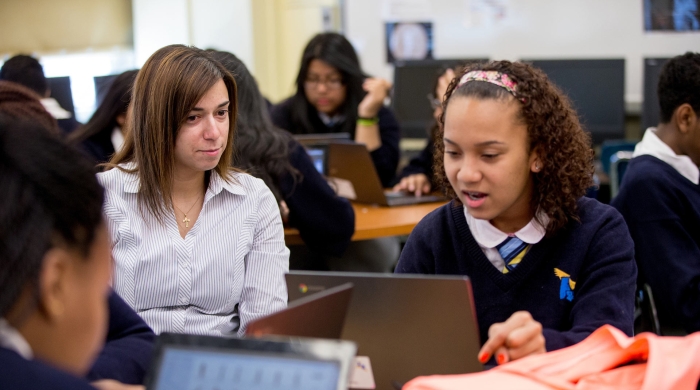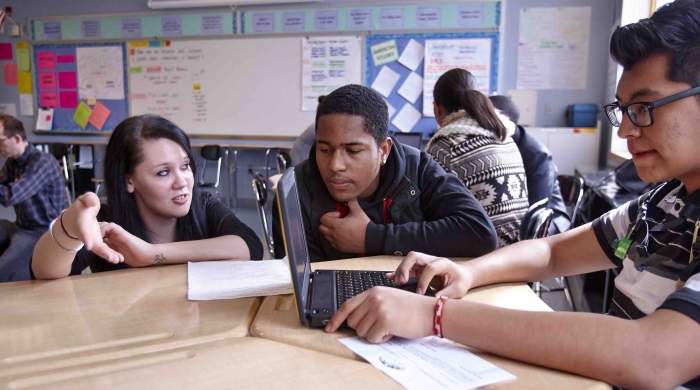
Research
Research from faculty in the Developmental Psychology program is conducted in laboratories at New York University and the homes, daycares, schools, hospitals, neighborhoods, and community settings of the multi-ethnic and richly diverse city of New York. Additionally, international research is a cornerstone of the program, with faculty and students engaged in studying developmental processes and contextual influences across countries such as China, India, South Africa, Korea, and Peru. We work closely with our affiliated global faculty at NYU Shanghai and NYU Abu Dhabi campuses.
Student Research
Students participate in the research team of a faculty member of the Developmental Psychology Program (or another Applied Psychology faculty, by program approval), beginning the first semester of the first year. Students are expected to allocate half of their time (at least 20 hours per week) to this research team throughout their graduate career. Students are free to transition to another team or divide their time among two research teams during their doctoral training. Students are encouraged to have a secondary research mentor over the course of their study to acquire expertise across multiple areas and to publish with several faculty members.
Areas of Research Focus
- The intersections of biology, culture, context, and human development
- Individual, family, school, and community influences on development
- Cognitive, language, emotional and social development in infants, young children, and adolescents, including research on at-risk and international populations
- The cascading influences of developmental skills across domains and time
- Children's learning, academic achievement, and attitudes toward school
- Identity development among children and adolescents from diverse cultural communities
Affiliated Research Labs/Projects
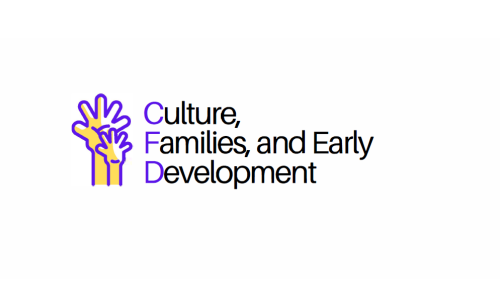
Culture, Families, and Early Development (CFD) lab - Dr. Gigliana Melzi
Our research focuses on family practices and the role these play in young children’s early learning and development. We adopt a collaborative research stance, working in partnership with early childhood programs serving families from culturally and linguistically minoritized communities. The overarching goal of our work is to identify and understand the unique ways primary caregivers, especially those from Spanish-speaking and Spanish-English bilingual immigrant families, support their young children's early learning at home and at school.
Through our work, we contribute new knowledge to developmental science that centers Latine families’ voices, perspectives, and practices. The work conducted by the CFD team reflects our joint commitment to address systemic inequities faced by children from minoritized and marginalized communities in the US and Latin America.
Our work spans three main areas: Family Language and Literacy Practices, Family STEM Practices, and Family-School Connections.
Our ongoing projects include:
- Understanding the Immigrant Paradox: Edited volume compiling evidence across disciplines to understand how immigrant acculturation processes differentially affect developmental outcomes depending on the developmental domain, methodological approaches, and their demographic backgrounds.
- Building Blocks for Success: Intervention aimed at equipping young immigrant-origin children students with the necessary skills to thrive in schools by scaffolding executive functioning skills.
- Meta-Analysis on Acculturation and Civic Engagement: Systematic examination of how immigrants’ acculturation processes impact civic engagement (ie. political and community involvement) across contexts and populations.
- One Million Book Project: Three-wave longitudinal study focusing on how book-reading interventions can promote positive socioemotional and cognitive outcomes among low-income children in Turkey.
- Academic Readiness in Children (ARCH): Development and validation of a school readiness measure specifically targeted towards Turkish children to capture unique cultural factors that are overlooked in other traditional measures.
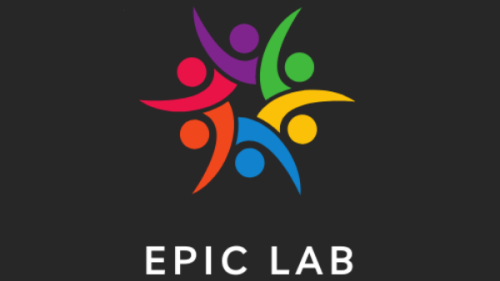
Exploring People in Context Lab - Dr. Selçuk Şirin
The EPIC (Exploring People in Context) lab aims to understand how children and youth develop in context in order to promote positive development across contexts. In particular, we use empirical methods with development in context as a general framework to better understand children’s and families’ needs and to arm professionals and policymakers with this knowledge to better address the needs of the most vulnerable. Through a multidisciplinary approach, we have investigated various aspects of marginalized youth's lives, including immigrant-origin children and families in New York, Muslim youth in the U.S., and refugees in Turkey, Jordan, and Norway.
Our ongoing projects include:
- Understanding the Immigrant Paradox: Edited volume compiling evidence across disciplines to understand how immigrant acculturation processes differentially affect developmental outcomes depending on the developmental domain, methodological approaches, and their demographic backgrounds.
- Building Blocks for Success: This intervention aims to equip young immigrant-origin students with the necessary skills to thrive in schools by scaffolding executive functioning skills.
- Meta-Analysis on Acculturation and Civic Engagement: Systematic examination of how immigrants’ acculturation processes impact civic engagement (i.e. political and community involvement) across contexts and populations.
- One Million Book Project: Three-wave longitudinal study focusing on how book-reading interventions can promote positive socioemotional and cognitive outcomes among low-income children in Turkey.
- Academic Readiness in Children (ARCH): Development and validation of a school readiness measure specifically targeted towards Turkish children to capture unique cultural factors that are overlooked in other traditional measures.
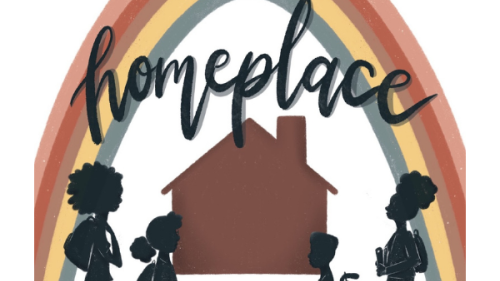
The Homeplace Research Collective (Homeplace) - Dr. Lauren Mims
The Homeplace Research Collective is a research lab at New York University that centers the lived experiences of Black children and their families through community-engaged, child centered Black child developmental research. With various community partnerships (e.g., Black girl programming, local schools, and policymakers), the Homeplace lab actively challenges systems of oppression to envision and co-create a world for Black children to thrive.
Specifically, the Homeplace lab adopts an "axiom of brilliance" in its research approach, consciously rejecting the historically misrepresented deficit framing of Black families. This rejection aims to counteract the perpetuation of misconceptions and stereotypes surrounding Black families and children. Homeplace conducts mixed methods research to elucidate the contextualized (i.e., promotive and inhibitory factors) that shape the lived ecologies of Black families. We use tools of inquiry including interviews and focus groups to uplift and center the voices.
By disseminating research findings that resonate with the community and provide avenues for engagement, Homeplace contributes to the ongoing efforts to create more equitable and inclusive spaces for Black children and their families.
Our ongoing projects include:
- Brilliant Joy in a Box: Brilliant Joy in a Box project positively contributed to family joy, served as a catalyst for celebrating Black history in the home, and provided an opportunity for families to highlight their impactful home-learning environments during the COVID-19 pandemic.
- Black Youth Mental Health Initiative: We were awarded a $1,050,000 grant for a three-year project, The Black Youth Mental Health Initiative to support Richmond Public Schools in identifying the mental health needs of Black youth; preventing suicidal ideations, attempts and deaths; and implementing policies that create multi-tiered support systems for students.
- We Need New Structures: Through YPAR, the study seeks to explore (1) how girls and gender-expansive youth of color describe the impact of a heightened visibility of systemic racism and violence on their mental health, (2) how and to what extent their engagement in critical conversation spaces (CCS) provides insights into policies, practices, and “new structures” that support their mental health, and (3) how researchers can use a critical conversation spaces approach to deepen girls’ and gender-expansive youth of color participation in research for social change and engage in more authentic, translational youth-driven research.
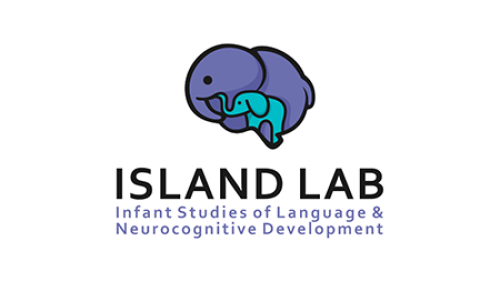
The Infant Studies of Language and Neurocognitive Development (ISLAND) - Dr. Natalie Brito
We are the Infant Studies of Language and Neurocognitive Development Lab (ISLAND)! We are a developmental psychology lab that works with families to better understand the impact of the home environment and early social interactions on children’s development. We are particularly interested in children’s brain and behavioral development! In our work, we are committed to fostering an inclusive and supportive environment both in our lab as well as in our research. Our work is rooted in our ultimate goal to support families. Through our work, we hope to increase our understanding of how to empower caregivers and children during the first three years of life to foster healthy development.
Our ongoing projects include:
- ORCA (Online Remote Child Assessment), a study aimed at making participation in research studies more accessible in order to better understand how diverse early experiences impact child development
- COPE (COVID-19 & Perinatal Experiences), a study focused on understanding the experiences of stress and resilience during the pandemic and potential impacts on infant development.
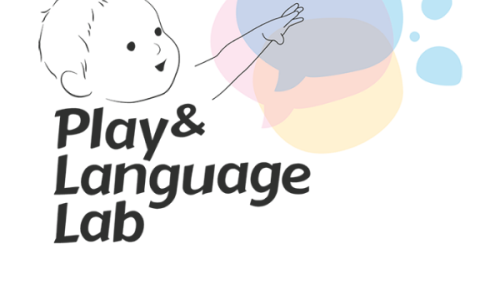
Play & Language Lab - Dr. Catherine Tamis-LeMonda
View Dr. Tamis-LeMonda's Publications
In the Play & Language Lab at NYU, we study infants’ and toddlers’ learning and development, including language, play, and caregiver-child interactions. We focus on how social and cultural contexts (within the U.S. and internationally) influence infants’ early interactions and skills, and how infants engage with their physical and social environments. Our work is primarily conducted in the home environment, in the everyday places and spaces of infants’ lives. We capture rich video recordings for detailed annotation of children’s and caregiver’s behaviors, interactions, and context.
Our ongoing projects include:
- Play and Learning Across a Year (PLAY): A collaborative research initiative across 50 universities focused on the behaviors of infants and mothers during natural activity in their homes. Data on over 900 infants and mothers from across the U.S. will include transcribed and annotated videos, parent report questionnaires, video tours of homes, digital recordings of ambient noise, and detailed demographic information.
- Everyday Learning (EDL): A study of 2- to 3-year-olds’ math learning and interactions with mothers and fathers. We examine parent-child interactions, talk about number and spatial concepts, children’s math understanding, parents’ math beliefs and childrearing values, and families’ home environments (for example, the toys available to children at home).
- Routine Math BABIES (Babies Activities and Behaviors in Everyday Settings): An intervention study that highlights the everyday language interactions at home—a primary context for toddlers’ acquisition of math concepts. Importantly, this intervention provides parents with culturally-grounded strategies on ways to infuse math language in their everyday routines (e.g., counting grapes, naming shapes, talking about objects that are bigger, heavier, and so on).
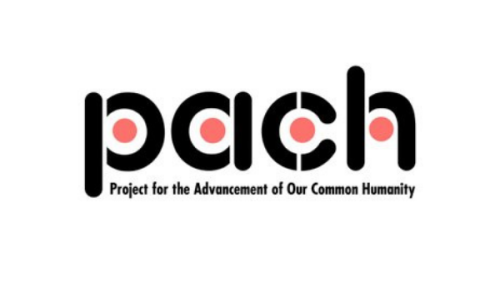
The Project for the Advancement of our Common Humanity (PACH) - Dr. Niobe Way
The Project for the Advancement of Our Common Humanity (PACH) is a think-and-do tank that draws from the science of human connection in order to create a more just and humane world. Our theory of change is that transforming the way we see each other will transform the way we treat each other. Our work involves research, curriculum development, community interventions, and training that add insight to, educate about, and tackle our most pressing societal problems. PACH is housed at the Metro Center at New York University and funded by grants from Einhorn Family Charitable Trust Foundation and the Spencer Foundation.
At PACH, we engage in communicating and conducting research that contributes to the newly emerging field of the science of human connection. We also design community-based interventions to re-sensitize us to our common humanity and address the crisis of connection. Through these strategies, we aim to challenge widely held stereotypes, disrupt practices that silence and marginalize, and create a more just and humane world. Learn more about our solutions: PACHworks
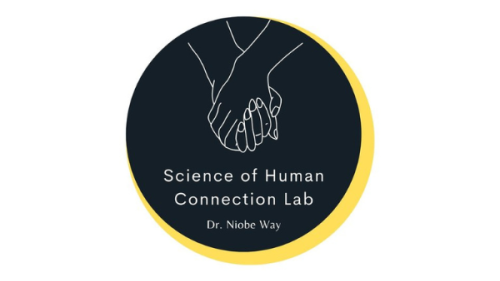
Science of Human Connection Lab - Dr. Niobe Way
Research in the Science of Human Connection Lab examines the intersections of culture, context, and human development, with a particular focus on the social and emotional development of children and adolescents. Starting from the recognition of children’s innate and remarkable capacity to connect with those around them, we employ a mixed methods approach to understanding how children’s relational strengths (e.g., interpersonal curiosity) may be fostered and leveraged to create a more just, humane, and connected world.
Our ongoing projects include:
- The Curiosity Project: The Curiosity Project includes several ongoing and planned studies to examine the development of interpersonal curiosity (i.e., curiosity about others’ thoughts, feelings, and experiences) and intellectual curiosity (i.e., curiosity about objects, events, and phenomena in the world) from kindergarten through young adulthood. We are particularly interested in examining curiosity’s social emotional correlates (e.g., connectedness; mental health) along with the role it plays in social and developmental processes (e.g., relationship-building; stereotyping).
- The Listening Project: Research on The Listening Project uses a mixed method, pre-post observational study to evaluate a classroom-based intervention by the same name conducted in middle schools across New York City. Findings indicate that participation in the Listening Project intervention, which employs the innovative method of transformative interviewing, is associated with increased interpersonal curiosity, empathy, listening skills, perceived common humanity, and perceived social support among students.
- The Chinese Families Project: In partnership with researchers at NYU-Shanghai, the University of Pennsylvania and Southeast University in China, The Chinese Families Project draws from the 18-year follow-ups of two large, longitudinal studies (i.e., the Nanjing Adolescent and Nanjing Metrobaby studies) to examine how Chinese parent’s practices and child development are influenced by evolving social, economic, and cultural contexts.


